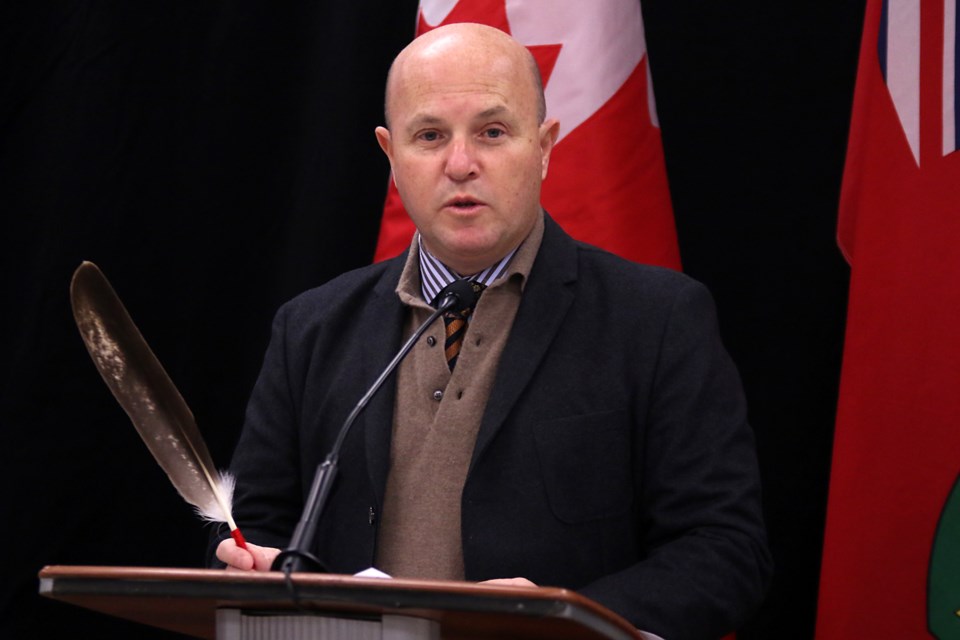THUNDER BAY – For most people, being able to whip out a piece of identification upon request is something they take for granted.
But there’s a large segment of the population, in Thunder Bay largely either Indigenous, buried in poverty or homeless, who have no way to prove who they are.
Without ID they can’t apply for jobs or bank accounts, they can’t vote or receive social assistance and they’re out of luck trying to find a decent place to live.
On Monday the Kinna-aweya Legal Clinic got a little help from the provincial government to help the city’s vulnerable get back on track and get the identification they need to live productive lives.
Beth Ponka, the clinic’s director of administration, said the money, part of the province’s $11-million Local Poverty Reduction Fund, will be used to hire a dedicated staff member to help guide those in need through the process.
“Our clients have mental illness, language barriers, cultural barriers. They need help navigating the system. They need help accessing ID and this program provides us with a staff person who can help our clients navigate the system and get the ID that they need,” Ponka said on Monday morning after a news conference held at Lakehead University’s Bora Laskin Faculty of Law.
Until now the program has been staffed with summer students and volunteers from the law school. They also got a $7,000 stipend from the Advocacy Centre for Tenants of Ontario.
“That’s the money we’ve been using to pay for the cost of the birth certificates and our personnel costs have been covered by volunteers,” Ponka said. “This is a huge increase in our resources. It will help us to have someone to be able to provide that assistance to clients on an ongoing basis.”
Ponka estimated her clinic helped secure clients about $1.2 million in benefits last year, money that in turn is spent in the community.
Housing Minister Peter Milczyn, whose ministry is also responsible for the poverty reduction strategy, officially delivered the money on Monday during a brief stopover in Thunder Bay.
He said the fund was created to support the work being done at the community level. In addition to the ID program, the province also provided support to Nishnawbe Aski Nation to provide safe and nutritious food through the Good Things Growing Among People Program.
In total 14 programs will be funded across Ontario.
“Each community across the province knows the struggles their people are facing and they’ve often come up with really good solutions to help them deal with those struggles,” Milczyn said.
“This particular announcement today of the 14 organizations that are going to share this $5.3 million are all part of the Indigenous stream of the Local Poverty Reduction Fund – programs really tailored to the particular struggles that Indigenous people have here in the North.”
